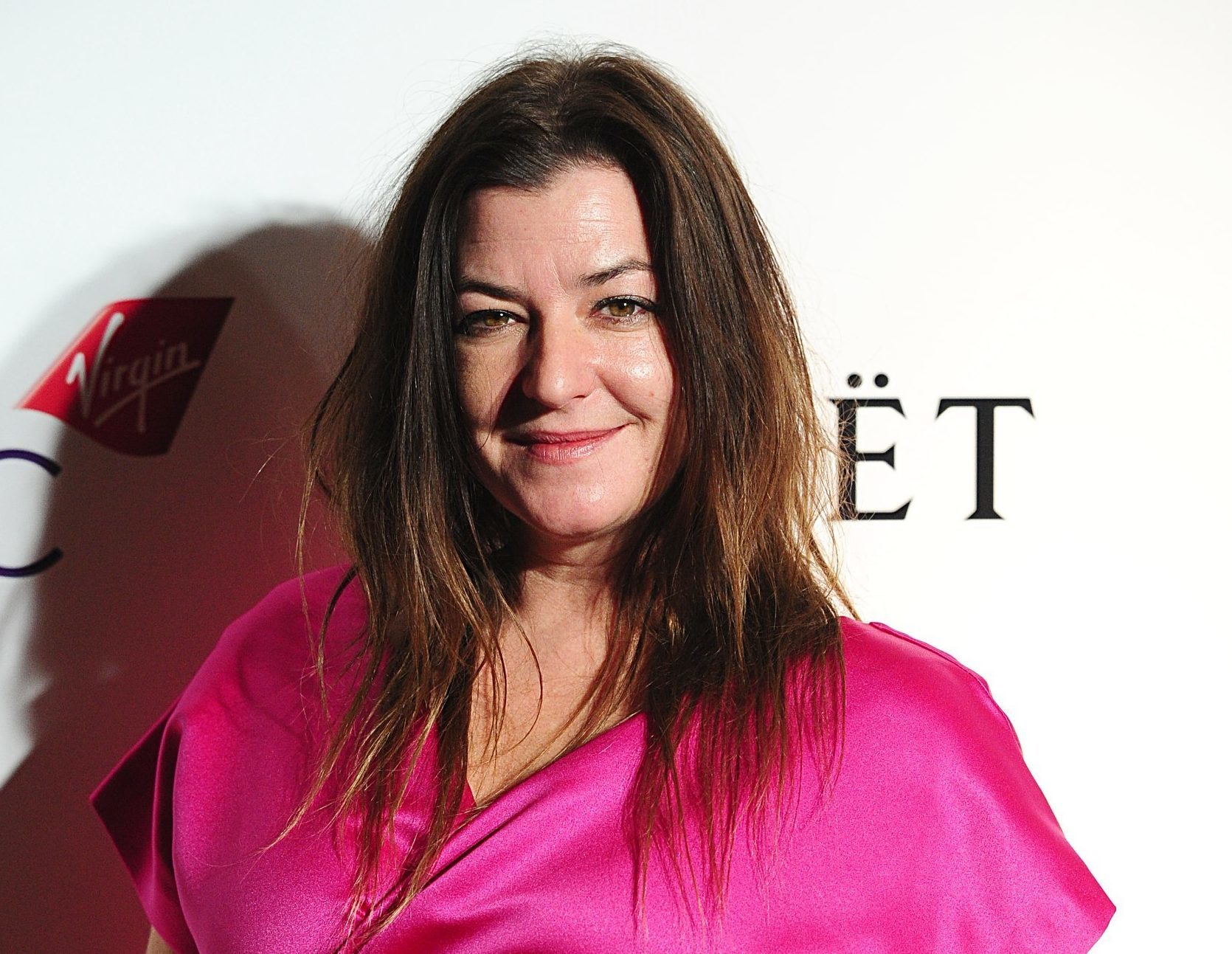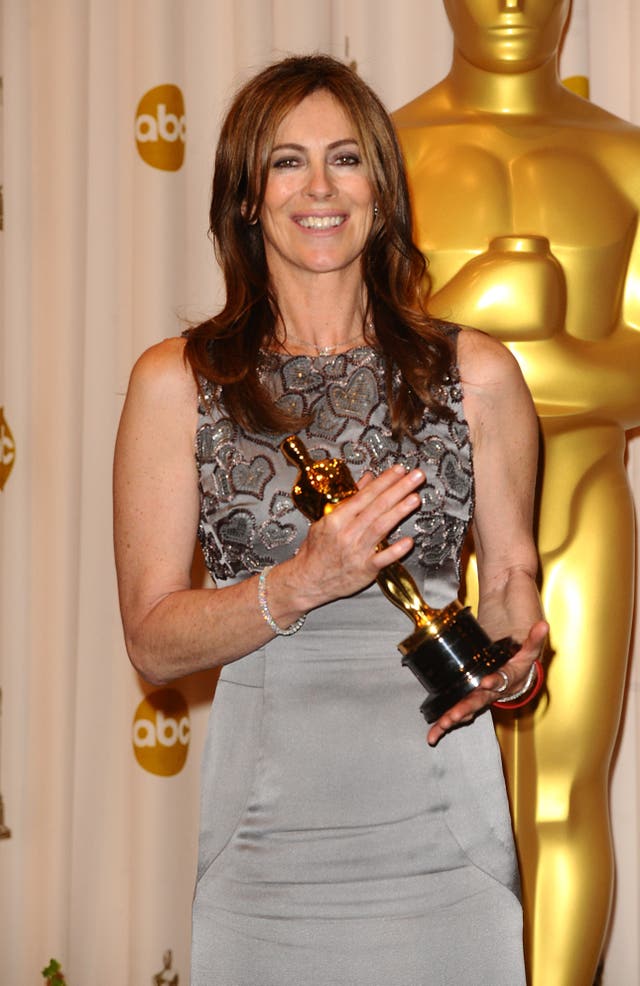
LYNNE RAMSAY has said the industry is still tough for female film-makers, who are often overlooked for big projects.
The Scottish director, whose new film You Were Never Really Here stars Joaquin Phoenix as an ex-soldier who saves children from paedophile rings, said change is happening but there is still a long way to go.
Don't miss Joaquin Phoenix in a "masterful performance" in Lynne Ramsay's thrilling #YouWereNeverReallyHere – in cinemas March 9th. pic.twitter.com/IvsbTq55VY
— STUDIOCANALUK (@StudiocanalUK) February 28, 2018
“I was like ‘really?’ I was really naive and slightly rose-tinted glasses about it.
“I always just think of myself as a film-maker, I don’t really go ‘this is my gender and these are the kind of movies I’m going to make’, I feel I can make any movie I want to make.
“Whatever I bring as a woman, I don’t know what that is, but I certainly just think about the project and what I do first.
“But I think that I have noticed over the years that it was tougher maybe for women, they don’t get offered the big things, someone does their first feature and maybe jumps right ahead.”
She added: “It is certainly not equal but I don’t think that is just to do with gender, I think that is to do with there is not enough diversity, it’s traditionally quite a male, middle class profession and typically maybe it still is.
“But things are changing and there are so many exciting things. For me Sundance was brilliant because there were all these young women from 18 to 25 and they were there with their first short film and some of them come up and say ‘you’re inspiring’ which was really lovely.”
Speaking ahead of the Oscars, where Greta Gerwig was only the fifth female director to receive a nomination, Ramsay agreed it was “depressing” that only one woman, Kathryn Bigelow, has ever won the prize.
“It’s half the population, it’s half the stories.
“That is quite shocking but that shows you how far there is to go but films should be, to me, always about the work.”
Ramsay, who is best known for her adaptation of We Need To Talk About Kevin, tackles a book by Jonathan Ames for her latest offering.
ICYMI: Alternative artwork for Lynne Ramsay's #YouWereNeverReallyHere starring Joaquin Phoenix. See the brand new thriller in cinemas March 9th. pic.twitter.com/rsFVbvBtsi
— STUDIOCANALUK (@StudiocanalUK) February 28, 2018
Speaking about casting Phoenix in the lead, she said she knew she wanted him “right from the start,” adding: “I think he can bring a vulnerability and a tenderness and he’s got a feminine side.
“He’s not an obvious action guy either, he’s never done anything like this and I’ve never done anything like this so it was the dimensions I thought he would bring.
The critically acclaimed thriller from Lynne Ramsay's #YouWereNeverReallyHere starring Joaquin Phoenix is in cinemas March 9th. pic.twitter.com/ENPDVIOUUE
— STUDIOCANALUK (@StudiocanalUK) March 1, 2018
You Were Never Really Here is released in UK cinemas on March 9.

Enjoy the convenience of having The Sunday Post delivered as a digital ePaper straight to your smartphone, tablet or computer.
Subscribe for only £5.49 a month and enjoy all the benefits of the printed paper as a digital replica.
Subscribe